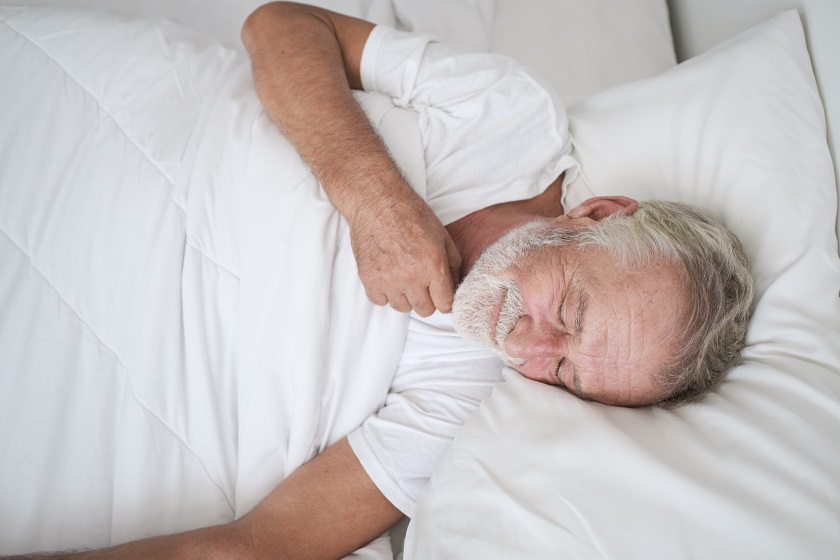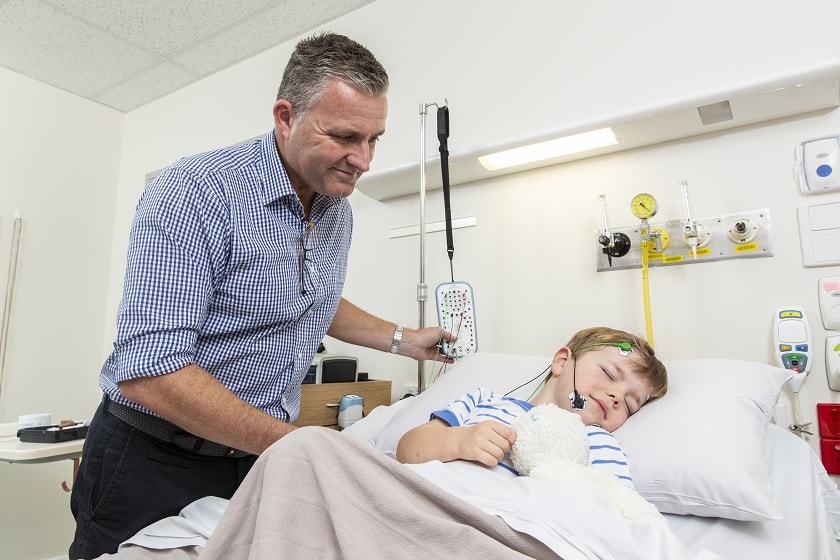We dream in our REM sleep. The most important characteristic of our sleep is called Circadian rhythm (Parkes, 1985) which explains that our sleep and waking occurs at about the same time every
day. It refers to the physical, mental and behavioural changes that follow a 24-hour cycle.
Why is sleep important for us?
Our waking performance, vigour, health, happiness and quality of our life depend on the quality of our sleep. Sleep can also affect our physical and mental health. Lack of sleep is called Insomnia, which is defined as a subjective phenomenon of difficulty falling asleep, broken sleep or early morning wakening.Research has shown that psychological factors contribute to insomnia in up to 80% of cases (Nicholson & Marks, 1983). This can lead to sleepiness, fatigue, poor concentration, muscle aches and
sometimes, mild depression.
We have all experienced these effects at some stages in our life due to stressors such as bereavement, examinations or sickness. Insomnia can frequently be a
cause or a precipitant for depression, mania, anxiety, anorexia-nervosa, obsessive-compulsive disorder and schizophrenia.
Long-term insomnia can lead to high blood pressure and can increase your risk of developing heart disease. It can affect your immune system adversely, thus causing weakened immunity and can increase risk of weight gain and developing diabetes. Paradoxically, some individuals can suffer with excessive daytime sleepiness without insomnia, which is called hypersomnia.
Whilst I have explained that insomnia, in most cases, is caused by psychological reasons, in my practice, I commonly find that after short-term insomnia, anticipatory anxiety about the effect of lack of sleep causes prolonged insomnia.
Very commonly, consumers talk about how worrying about not being able to sleep, feeling tired and emotional the next day, not being able to concentrate at work and hence risk making mistakes or even losing their jobs - keeps them awake at night.
This clearly explains the anticipatory anxiety and catastrophic thinking patterns that go with insomnia, which can be addressed with psychological interventions.
Treatment for Insomnia
As a Psychiatrist, I always advocate for sleep hygiene as the first line treatment.This comprises of regular exercise, avoid caffeinated drinks; rather, take a warm decaffeinated drink at bedtime, using your bed only for sleep at night, take a warm bath before bedtime, have fresh air circulation in your room, and try to establish a regular sleep cycle to maintain Circadian rhythm and avoiding excess
alcohol and smoking at bedtime.
You should avoid long day naps even if you are struggling with insomnia to retain your Circadian rhythm as your body will eventually make up for recent sleep loss. Meditation or mindfulness at
bedtime can also help by reducing ruminative and anxious thinking styles.
If sleep hygiene measures do not help in the short term, you can try over-the-counter medications with advice from your pharmacist. If it still does not resolve, then seek medical advice for short-term treatment in the form of sedatives and hypnotics. Strictly avoid using alcohol or cannabis as a self-medication for insomnia as they can affect your physical health and mental health adversely.
Psychological interventions e.g. CBT (cognitive behavioural therapy) can also help by addressing your underlying anxiety and mood disorders.
Did you know St John of God Murdoch Hospital has a Sleep Studies unit?
During a sleep study, you or your child will either stay overnight at the Murdoch Sleep Unit or have a home study.During the night, specialised equipment monitors breathing, heart rate, snoring, oxygen levels and other key signs. The study is painless and your GP or
specialist will be informed of the result.
This information helps make a diagnosis and our sleep experts will devise a treatment plan for you to get back to having a good night’s sleep.
The Murdoch Sleep Unit is purpose built and equipped with a suite of state of the art monitoring equipment. Dedicated sleep technicians are there for the
duration of the night in a control room, monitoring the data being collected and ensuring the highest accuracy.
A GP referral is necessary to access these services.







